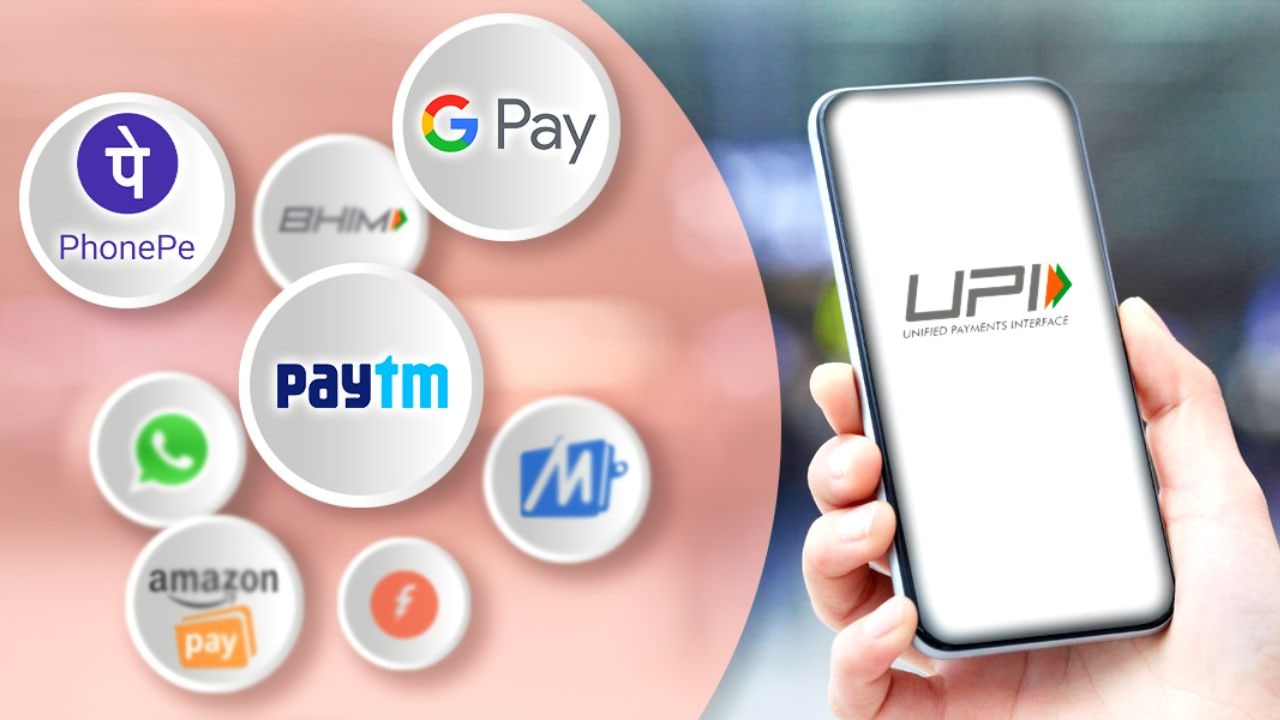PayNearby India, the branchless banking and digital network, in its latest report ‘Retail-O-Nomics’ highlighted a 33% increase in Unified Payments Interface (UPI) transactions at retail stores. This underscores the growing adoption of digital payments beyond Tier II regions in the country.
The report also highlighted a 141% growth in transaction volume and a 95% rise in value in the e-commerce category.
Additionally, the acceptance of mPOS (mobile point-of-sale) services grew by 11% among new retailers, reflecting an increasing preference for advanced payment technologies, the report said.
The report highlighted an impressive 297% in volume across credit products, including business loans, gold loans, personal loans, and revolving credit.
This significant uptick reflects a growing awareness and demand for credit solutions at the grassroots level. These loans, aimed at supporting SMEs’ working capital needs and facilitating individual lifestyle upgrades, underscore the critical need for scalable and affordable credit solutions to drive India’s economic progress.
Insurance policy purchases and premium collections saw a 127% increase in transaction volume and a 96% growth in new customer adoption.
“This highlights the pivotal role digital retail stores play in overcoming the challenges of insurance penetration across Bharat. These stores are steadily evolving into multi-utility hubs, providing essential services and fostering awareness among citizens,” the report said.
The report has been prepared based on transactions conducted across a million-plus PayNearby retail touchpoints, consisting of kirana stores, mobile recharge stores, medical shops, customer service points (CSPs), travel agents, etc. throughout the country.
The findings compare business data from January to November 2024 with the same period in the year 2023.
As per the report, the nationwide count of newly registered retailers grew by 5%, reflecting the retail community’s continued enthusiasm to support India’s growth by enabling assisted financial and digital transactions at neighbourhood stores.
Overall, transactions remained steady and resilient, highlighting customer trust and consistent engagement across various services. These transactions include banking as well as digital services like utility payments, credit, insurance, and assisted commerce.
In 2024, micro ATM and AePS (Aadhaar Enabled Payment Systems) cash withdrawals, crucial for rural and semi-urban digital counters, fell short of expected growth. Both transaction volumes and the average cash withdrawal per transaction saw slight declines, with the latter dropping from Rs 2,624 in 2023 to Rs 2,482 in 2024.
The report further highlighted a significant growth in cash withdrawal transactions in Northeast India, with Mizoram, Meghalaya, Nagaland, and Assam leading the way in digital financial inclusion.
Jammu and Kashmir recorded impressive growth of 58% in value and 74% in volume.
This preference in rural India underscores the vital role of neighbourhood retail stores in expanding access and transforming everyday banking at the last mile.
The assisted e-commerce segment, meta-commerce, witnessed remarkable growth in both the Branded Shop and PayNearby Mall (e-commerce) categories. The Brand Shop category saw a 71% increase in transactions and a 41% rise in value, while the e-commerce category recorded an impressive 141% growth in transaction volume and a 95% rise in value.
Notably, the Brand Shop category gained strong traction, featuring top brands in consumer electronics, mobile accessories, and kitchen appliances. Popular categories in the broader e-commerce portfolio included clothing, groceries, toys, and personal healthcare products.
The average ticket size for the Branded Shop category stood at Rs 2,680, while the rest of the e-commerce portfolio averaged Rs 1,288.
In 2024, the total savings account balance of customers with PayNearby partner banks doubled in 2024 showing increased penetration of active bank accounts among rural communities.
Commenting on the report findings, Anand Kumar Bajaj, Founder, MD & CEO, PayNearby, said, “The report highlights significant growth across these verticals—whether it’s the increasing adoption of insurance services, the rise in e-commerce transactions, or the growing demand for credit solutions. This progress underscores the trust placed in last-mile retail counters as essential service hubs for individuals and businesses alike.”
The Digital Naari initiative is making significant strides, with maximum traction in states such as Uttar Pradesh, Rajasthan, Maharashtra, Odisha, West Bengal, Tamil Nadu, Telangana, Chhattisgarh, and Himachal Pradesh. Currently, over 60,000 women actively transact on the platform across 10,000+ PIN codes, earning an average of Rs3,000–5,000 per month.
Notably, 60% of the women in the program are first-time entrepreneurs, supplementing income from agriculture or small businesses. Many operate from home or family shops, while 25–30% establish dedicated Digital Service Kendras. Notably, 65% women continue their entrepreneurial journey beyond year one.
Jayatri Dasgupta, CMO-PayNearby and Program Director-Digital Naari, said, “Women workforce working as Business Correspondents (BCs) are pivotal to advancing financial inclusion at the grassroots level. However, they face challenges such as limited access to credit, gaps in financial and skill development, and restrictive societal norms, which often confine their roles to the unorganized or less formalized sectors. Recognizing these challenges, PayNearby’s Digital Naari Initiative is working to bridge the gap by equipping them with financial tools, digital literacy, and entrepreneurial training.”
